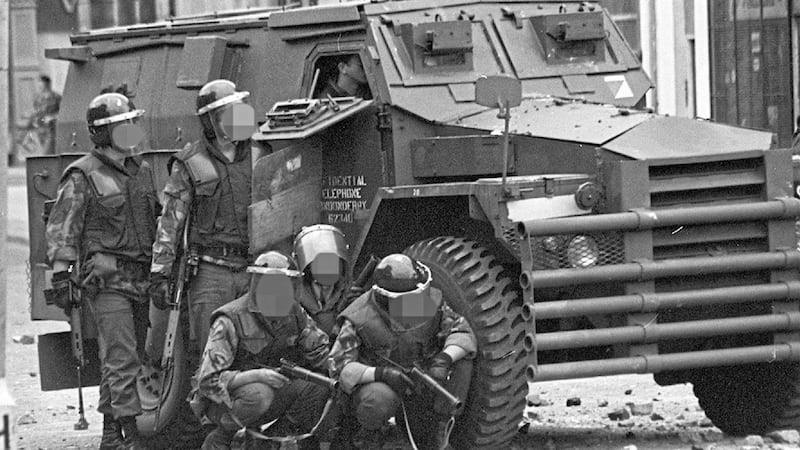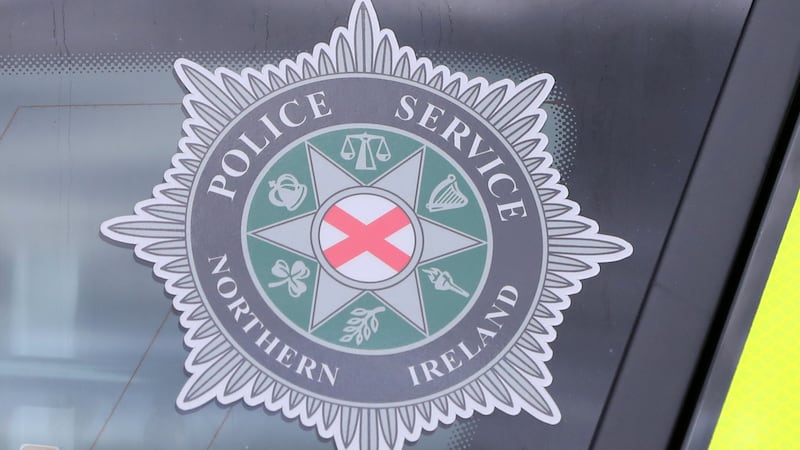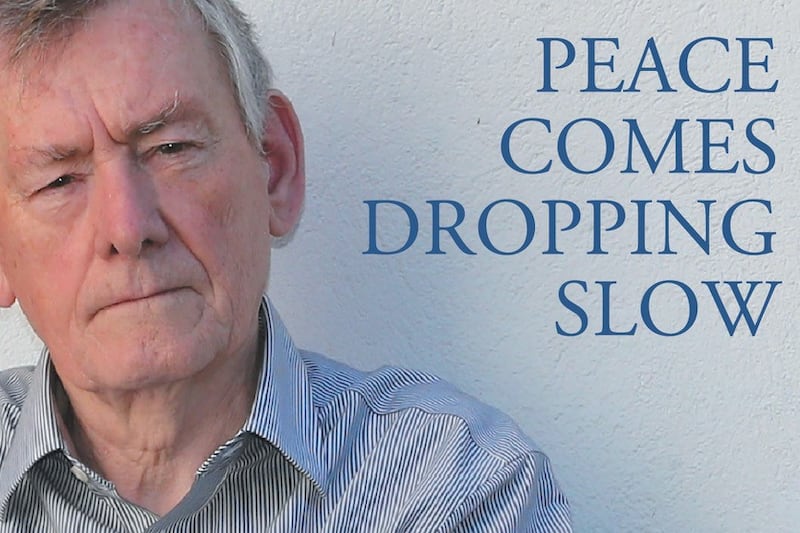A clear majority of respondents to a British government consultation on plans to deal with the legacy of the Troubles has opposed an amnesty for veterans.
The weight of opinion expressed in 17,500 responses rejected the controversial proposal which has been advocated by a number of senior government figures and backbenchers at Westminster.
The British government has published a summary of the views contained in the huge response to last year's consultation exercise.
The consultation canvassed views on a series of new mechanisms to investigate, document and uncover the truth around thousands of killings during the 30-year conflict.
The mechanisms, which include a new independent investigation unit and a truth recovery body, were agreed by the Stormont parties and British and Dublin governments in the 2014 Stormont House Agreement.
Read More: British defence secretary's plan for Troubles amnesty rejected
But their implementation has been delayed due to the powersharing impasse in Northern Ireland.
Though it has now published the consultation summary, the government has not indicated whether it will now move to establish the mechanisms, amid an apparent reluctance to push ahead with legislation in the absence of a functioning devolved executive in Belfast.
It is understood officials will now consult with the Stormont parties to gauge their views on the way ahead in light of the consultation outcome.
The Stormont House proposals do not include any form of statute of limitations, however the issue of amnesty for veterans has become highly controversial in recent years, in part due to a number of prosecutions against former military personnel.
While the government is proposing a form of legal protection for veterans involved in overseas conflicts, it currently has no plans to extend such a policy in the north.
A number of Conservative MPs were angered last year by the government's decision not to include the proposal in the consultation.
Read More: DUP MP Jeffrey Donaldson wants Troubles amnesty for British armed forces extended
Despite its omission, many respondents gave their view on the issue.
"The clear majority of all respondents to the consultation argued that a statute of limitations or amnesty would not be appropriate for Troubles-related matters," stated the summary.
"Many were clear that victims, survivors and families are entitled to pursue criminal justice outcomes and such a move could risk progress towards reconciliation.
"There was a strong sense that the new mechanisms must be fair and not favour any particular group."
The Northern Ireland Office acknowledged that some respondents did favour "drawing a line" under the past, arguing that security force members should be afforded protections, given concessions handed to paramilitaries during the peace process, such as the early release scheme and letters of comfort.
The summary document highlighted that some veterans groups also argued against an amnesty.
"Among organisations that represent former security forces, some argued against any type of statute of limitations or amnesty for former soldiers and police - they felt those they represented would have no difficulty in answering for their actions and would wish to see terrorist organisations and their members being held accountable.
Newton Emerson: Mystery over Sinn Féin's objection to a military amnesty
"In addition, they felt that granting blanket immunity from prosecution could create a misleading impression of moral equivalence between security forces and terrorists."
As the consultation was self-selecting, it does not claim to reflect the views of a representative sample of the wider population, with opinions expressed very much dependent on who participated in the exercise.
A number of victims' groups proactively encouraged people to engage, providing templates to help people compile responses. There were 50 different template variants detected among the thousands of responses.
The Time for Truth campaign, which advocates for victims of state violence, collated the largest number of responses - delivering 6,000 to the Northern Ireland Office before the consultation closed last October.







